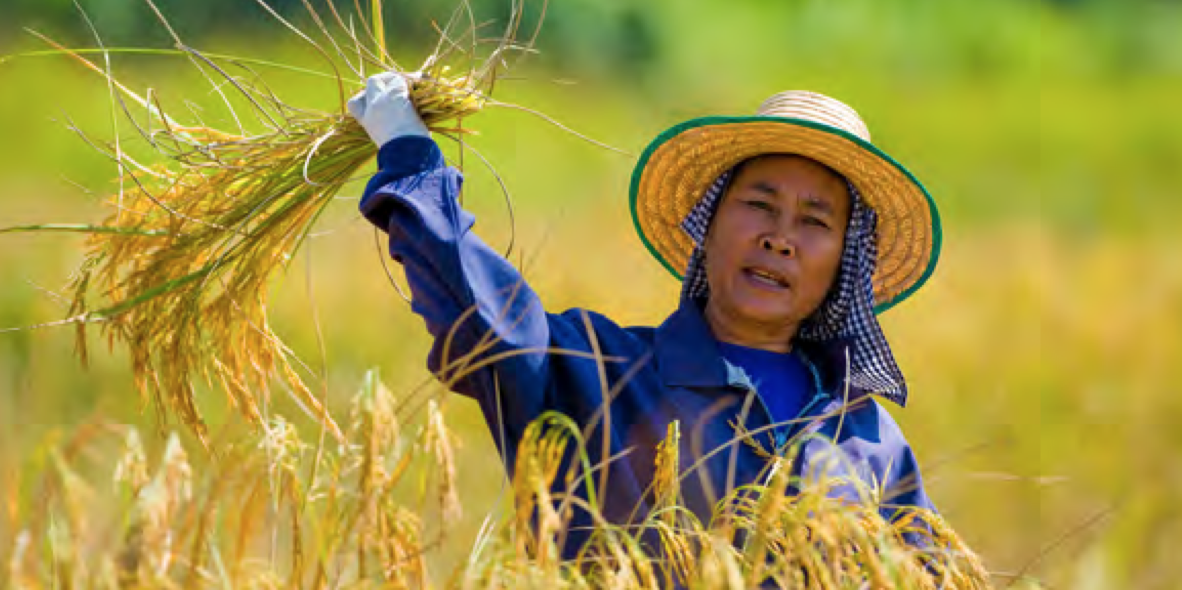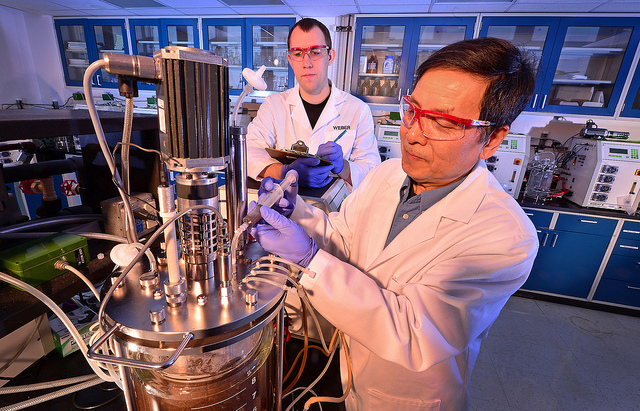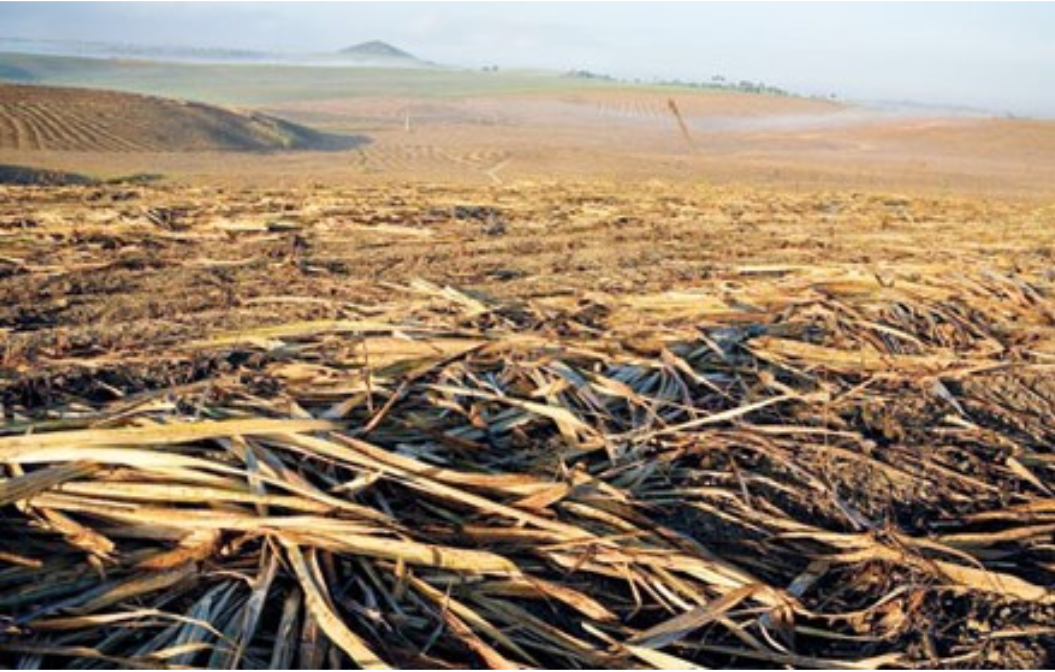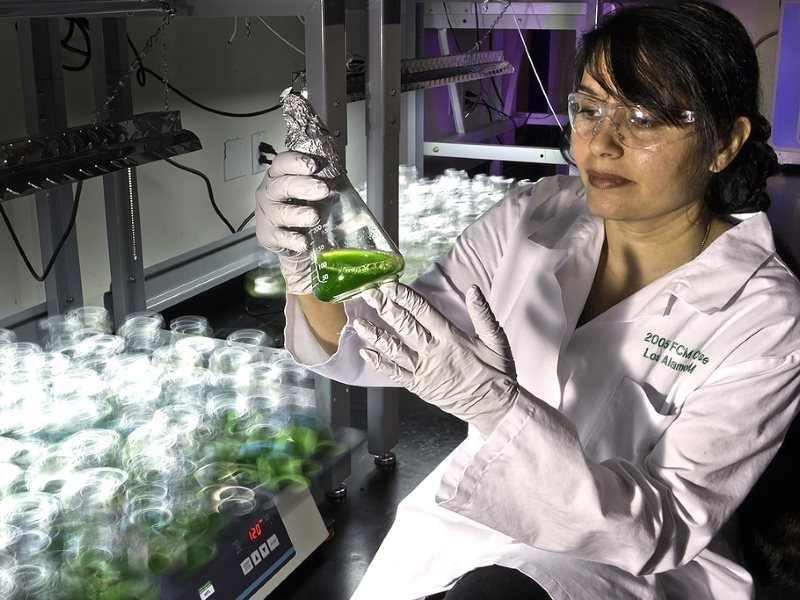Category: Environmental Impacts
-

Synthetic Biology Shopper’s Guide: updated and in stores now!
SynBioWatch, in collaboration with Friends of the Earth US and the Independent Natural Food and Retailers Association (INFRA), is launching an updated version of our Synthetic Biology Shopper’s Guide. The guide has been printed and is being distributed in over 350 locations of INFRA members across the USA in October. Download the Shopper’s Guide in […]
-

A Collision Course with Unintended Consequences
by Melody Meyer (Organic Matters) In an early morning jaunt to Sacramento last week my car was rear ended. I serve on the California Organic Products Advisory Committee (who by the way are looking for new members), and was on my way to attend a subcommittee meeting when boom—a fine young man rammed me in […]
-

Webinar: Outsmarting Nature?
Movements & Emerging Technologies Webinars present: Outsmarting Nature? A webinar on Synthetic Biology for Crops and Agriculture What’s the role of synthetic biology in our food system and how does it relate to “climate-smart” agriculture? What are the costs and risks? Host: Tom Philpott Food & Agriculture Journalist with Mother Jones Expert: Pat Mooney Executive […]
-

The National Academies’ Gene Drive study has ignored important and obvious issues
by Jim Thomas (The Guardian): ‘Gene drives’ seem to be the ultimate high-leverage technology. Yesterday’s report from the US National Academies begun the job of describing what is at stake, but it missed some important questions. If there is a prize for the fastest emerging tech controversy of the century the ‘gene drive’ may have […]
-
Permanently changing a species: What could go wrong?
by Dana Perls, Food and Technology campaigner (Friends of the Earth US) No commercial or environmental release of gene drives, says Friends of the Earth The National Academies of Sciences released a new report today, which calls for robust safety assessments for “gene drive modified organisms.” The NAS says the controversial new genetic engineering technology […]
-

“Contained” industrial use of GE microbes: A regulatory loophole large enough for most commercial synthetic biology uses to fit through
by Almuth Ernsting (ECO Volume 52, Issue 2) The vast majority of current synthetic biology applications involve microorganisms, including bacteria, fungi (e.g. yeast) and microalgae. Nearly all uses of genetically engineered (GE) microorganisms are classed as ‘contained’, a term which, under different countries’ and regions’ regulations covers all uses inside industrial facilities, such as biofuel […]
-

Precautionary approach to synthetic biology needs to be translated into effective regulation
by Almuth Ernsting ([square brackets]) The Ad-hoc Technical Expert Group (AHTEG) on Synthetic Biology [1] reaffirmed the need to observe the precautionary approach in relation to synthetic biology. Its report lists 15 potential adverse impacts of synthetic biology and emphasises the need for comprehensive case-by-case risk assessments. Disappointingly, no agreement could be reached as to […]
-

Beware False Promises: Algal Oils and Other Products of Synthetic Biology Aren’t About to Save the Orangutan…. But Carry Serious New Risks
Joint briefing by Biofuelwatch and Friends of the Earth United States: Beware False Promises: Algal Oils and Other Products of Synthetic Biology Aren’t About to Save the Orangutan…. But Carry Serious New Risk “Algal oil” and “oily yeast” have been aggressively promoted as promising alternatives to palm oil and potential saviours of orangutans. At the […]
-

Re-engineering life? The dangers of ‘next generation’ biofuels
by Almuth Ernsting, Ecologist The biofuels of the future will depend on microbes, writes Almuth Ernsting: algae to produce the biomass, and fungi or bacteria to break cellulose down into useful molecules. Just one problem: wild strains aren’t up to the job. So scientists are trying to genetically engineer supercharged ‘synthetic biology’ variants – which […]
-
Creators defend vanilla flavour made using synthetic biology
Evolva say its synbio vanillin is a sustainable alternative to the synthetic variety, but critics say the technology isn’t palatable for the environment by Rich McEachran (Guardian) On its journey from the fields in Madagascar to your ice cream, sponge cake and chocolate, the vanilla plant is subjected to an intense process: it’s cured, dried […]